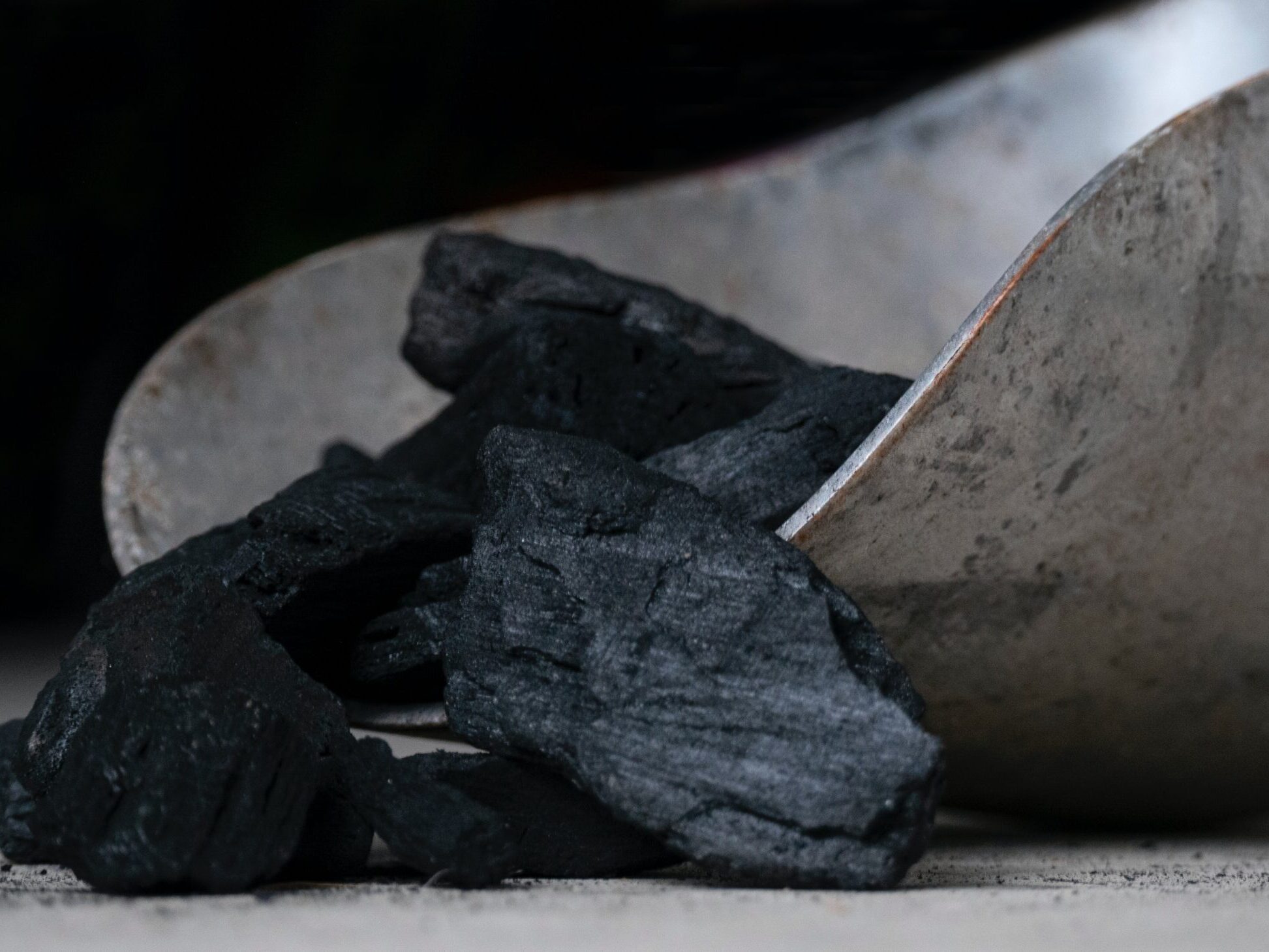12/4/2023
In addition to holiday festivities for many cultures, this December comes with an exciting event for environmentalists: the 2023 United Nations Climate Change Conference, also known as COP28. Despite having just begun days ago, controversy has already begun to swirl around the event president, Sultan Ahmed al Jaber. The United Arab Emirates’ selected leader for the conference in Dubai was a participant in an online event on November 21, in which he was recorded stating: “There is no science out there, or no scenario out there, that says that the phase-out of fossil fuel is what’s going to achieve 1.5.” A bold statement, considering a key demand from the summit is a commitment to entirely phase out fossil fuels. He went on to say that phasing out fossil fuels would “take the world back into caves”.
This has led to several individuals directly speaking out against Al Jaber. The director of the power advocacy group Power Shift Africa, Mohamed Adow, expressed concerns that the COP president is too entrenched in the fossil fuel industry to provide an effective push for increased global sustainability. His fears are not unfounded, as Al Jaber was the founder and CEO of the Abu Dhabi National Oil Company, better known as Masdar. His appointment has been controversial since it was first announced. At the summit, COP representatives insisted Al Jaber is committed to increased sustainability, and that he has repeatedly stated preventing global temperatures from rising above 1.5 degrees Celsius is within reach.
Regardless of the political turmoil the president’s statements have caused, the idea that phasing out fossil fuels will not help the environment is a dangerous one. There have been hundreds of official statements from international scientific organizations about the relationship between the usage of fossil fuels and rising global temperatures. Additionally, a paper published on November 23, 2023 by Lucas Henneman details the health risks associated with the usage of coal to generate electricity. A total of 460,000 deaths have been reported due to a fine particulate produced by power plants. Not only is our planet dying from fossil fuels, but individuals continue to suffer from coal usage as they have since its inception as an energy source.
Here at VCE, climate change is discussed frequently. Though the topic may seem overdone, it is imperative that scientists and engineers work together to develop solutions to fossil fuel usage. However, researchers can only push so far. Politicians and world leaders must also be willing and able to step in and begin applying these changes sooner rather than later.
COP28 was meant to act as a physical event to inspire worldwide change, but the importance of the meeting was swept away by the president’s aforementioned comments. However, that is not to say Al Jaber’s statements should not be examined and criticized. As someone with a large public platform, his intentions and influence matter far more than most. Al Jaber’s statements are just one example of how many people are unwilling to make the necessary changes to protect the environment. Nevertheless, we must persist in pushing for a sustainable future. Until the world is free from the dangers of a warming earth, it is our duty as scholars to ensure discussions of climate change are never left on the back burner.

